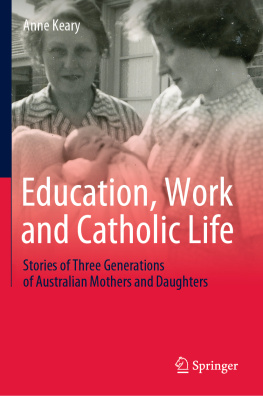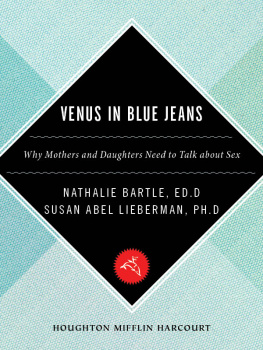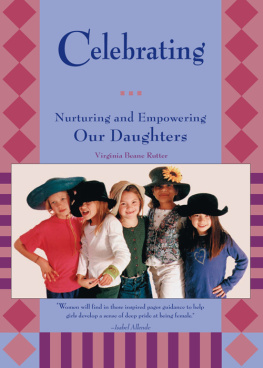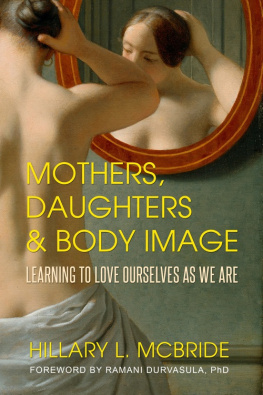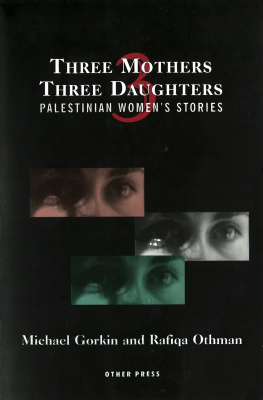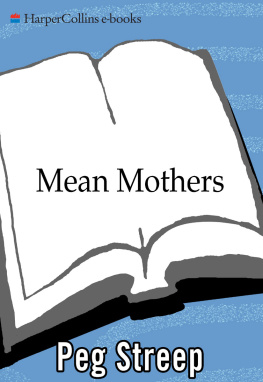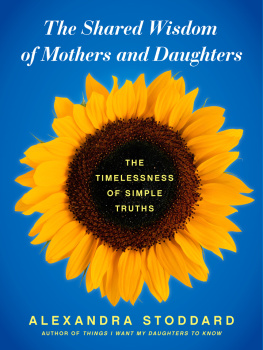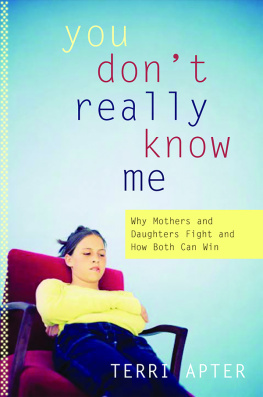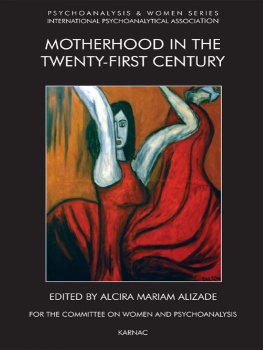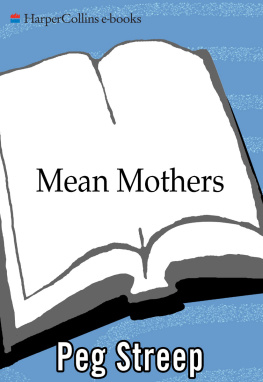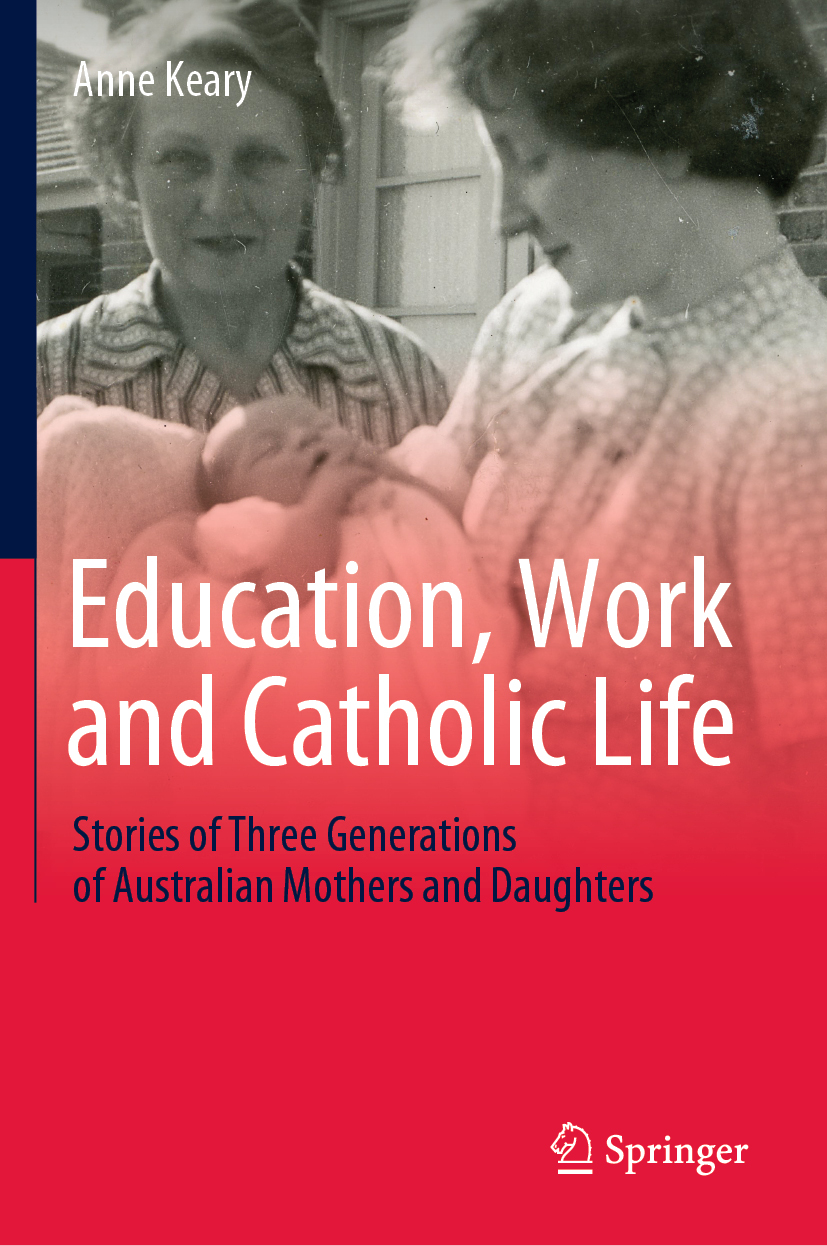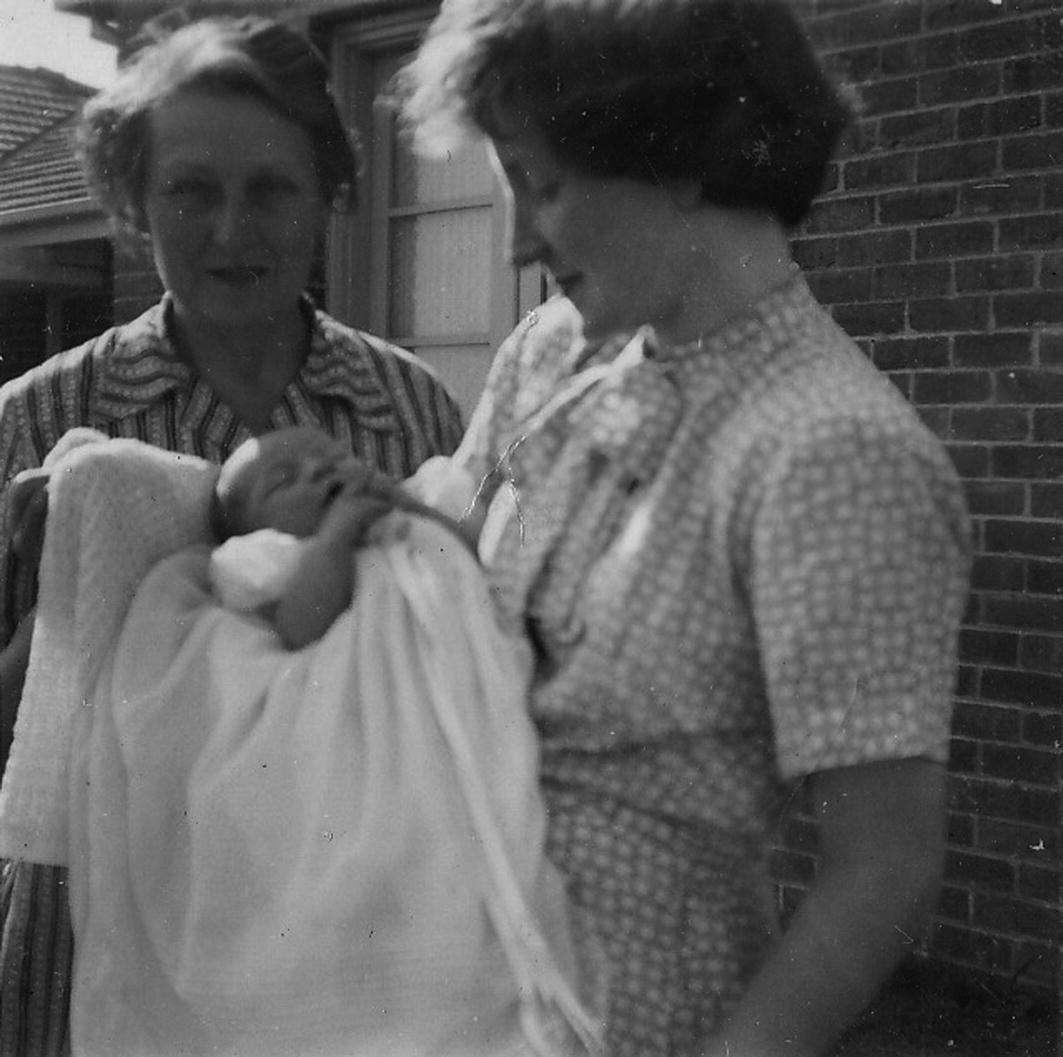Anne Keary
Education, Work and Catholic Life Stories of Three Generations of Australian Mothers and Daughters
Anne Keary
Faculty of Education, Monash University, Clayton, VIC, Australia
ISBN 978-981-13-8988-7 e-ISBN 978-981-13-8989-4
https://doi.org/10.1007/978-981-13-8989-4
Springer Nature Singapore Pte Ltd. 2020
This work is subject to copyright. All rights are reserved by the Publisher, whether the whole or part of the material is concerned, specifically the rights of translation, reprinting, reuse of illustrations, recitation, broadcasting, reproduction on microfilms or in any other physical way, and transmission or information storage and retrieval, electronic adaptation, computer software, or by similar or dissimilar methodology now known or hereafter developed.
The use of general descriptive names, registered names, trademarks, service marks, etc. in this publication does not imply, even in the absence of a specific statement, that such names are exempt from the relevant protective laws and regulations and therefore free for general use.
The publisher, the authors and the editors are safe to assume that the advice and information in this book are believed to be true and accurate at the date of publication. Neither the publisher nor the authors or the editors give a warranty, expressed or implied, with respect to the material contained herein or for any errors or omissions that may have been made. The publisher remains neutral with regard to jurisdictional claims in published maps and institutional affiliations.
This Springer imprint is published by the registered company Springer Nature Singapore Pte Ltd.
The registered company address is: 152 Beach Road, #21-01/04 Gateway East, Singapore 189721, Singapore
This book is dedicated to my grandmother Mary, mother Marie, Aunt Inez and niece Melissa who are no longer with us but will always remain in our memories.
Anne Keary
Three generations: Annes grandmother Mary, mother Marie and older sister Bernadette
Foreword
As I write this piece, the Catholic church is in crisisit is confronted with its own historical culpability in sexual exploitation and criminal violence against multiple generations of its own youth and children, accusations of systematic cover-ups of these and other activities undertaken by a priesthood and leadership that range from economic corruption to longstanding discrimination against women. The church is facing scepticism from right wing, nationalist governments and liberal, social democratic governments and political parties alike; it is held in suspicion by autocratic states who see it as competing for moral authority and social control. It has its own internal fractures between liberal and conservative factions, and faces increasing pressure from growing Pentecostal and evangelical movements. But when we refer to the church as in crisis, we refer to an institution, a fully operational corporate entity, supported by government regulation and, in many countries, taxation exemptions and subsidies. The church is a de facto nation state with its own laws and regulatory regimes, historical alliances and enemies, foreign policies and policing, disciplines and punishments.
It is helpful to begin from Max Webers sociological description of institutions as bureaucracies, functioning systems that mediate, govern and shape social relations, identities, life pathways and labour. Education, Work and Catholic Life is about Australian Catholic womens lives, their educational and generational experiences, their beliefs, aspirations and life pathways and how these have been shaped in relation to Catholic education, childhood andindeed, a church that now finds itself in crisis. Here the focus is on religious belief and spirituality as a complex and dynamic amalgam of cultural practicestied up closely with everyday educational, child-rearing exchanges and beliefs that are produced and reproduced, shaped and reshaped by successive generations of women raised and educated as Catholics. Particularly in the current context, this fusion of memory and imagination perhaps tells us more about the lived challenges and everyday realities of religion and spirituality, education and childhood, work and profession than any formal ethnographic, sociological or historical case of schooling or the church might. For this genealogy of Catholic womens lives, Anne Keary and her colleagues remind us, is both vertical and horizontal in its scope. Several of these stories over a century of Australian Catholic lives and, then, proceed to move laterally across intersecting families, friendships and place.
Anne Kearys work presented here began several decades agofirst as a feminist, phenomenological account of lived, multigenerational relations within and across her family around growing up Catholic in Australia, around Catholic schooling and childhood. Annes doctoral thesis, written in North Queensland while she was working in Indigenous community education, was a powerful, prototypical feminist autobiographical case study. It was written in an era where matters of gendered standpoint, of embodied and autobiographical history and life experience, were just emerging in social sciences and research and doctoral studies. It was then and remains a groundbreaking, brave, important account of the intergenerational exchange of gendered identity and mother/daughter relations, spirituality and cultural practices. I strongly recommend it for all readers, especially those working through that (often subliminal) autobiographical relationship between their scholarship and their own lives.
Here, several decades laterAnne has joined with her Melbourne lifelong friends and family, and her research collaborators to extend that dialogue and exchange across time and place, across multiple generations and families. The result is a truly multi-voiced, living dialogueof womens stories still in formation and exchangeaccounts of how these womens lives, beliefs and spirituality, relations with mothers, grandmothers, daughters and grandchildren, aunties and nieces continue to weave a rich multigenerational tale and account of spirituality lost and gained, of life continuity and disruption, of abuse and neglect, of educational achievement and frustration, of work and profession and career, and often, of a feminist ethics of care. As it speaks here, this dialogue is a model of healing, love and care through memory work.
I grew up as part of a small Lutheran, post-war German immigrant community in Western Canadalike most, never fully aware in my own agnostic, adult common sense about how formative and significant that childhood might come to be. As part of a post-war generation of New Canadians, our focus was on reinvention of the self in every waythrough social movements, through feminism and civil rights moments, through an ecumenical spirituality that readily embraced and melded the godly and the flaky, secular and non-secular, the straight and unstraight, and found value in all kinds of worldly good works. How were any of us to know that this was, indeed, part of a unique generational moment, moving past disastrous world war and mass migrations, and leading to a climactic rise and decline of that generative and volatile relationship between capitalism and Protestantism that Weber himself described during his early twentieth-century sojourns to the American Midwest. So, that my first published book was on Luther, the Reformation and literacy should have come as neither a surprise nor autobiographical anomaly to me. But it did. Only to be followed by writings on feminism, media and public pedagogies.

